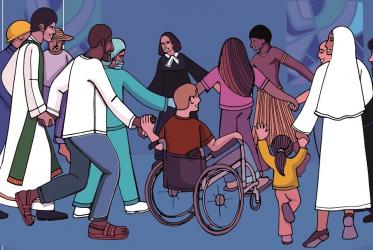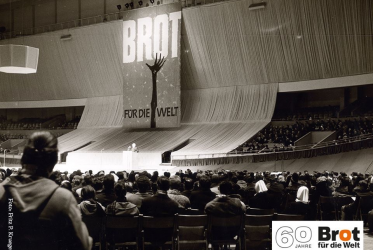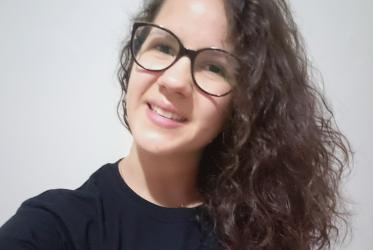Displaying 1 - 20 of 74
Brazilian churches call for transformative racial justice
23 November 2020
New student body at Bossey Ecumenical Institute “a source of joy”
14 September 2020
WCC publishes two new Bible studies penned by authors from Colombia
24 February 2020
Larissa Aguiar Garcia: "We're opening a safe space”
26 September 2019
Larissa Aguiar Garcia: “Estamos abriendo un espacio seguro”
26 September 2019
WCC Eco-School encourages youth to become eco-ambassadors
08 November 2018









